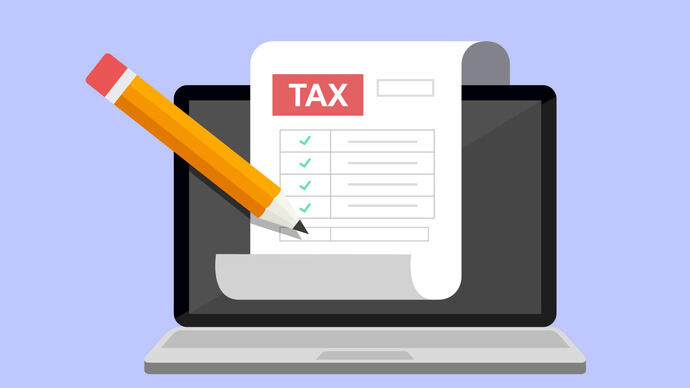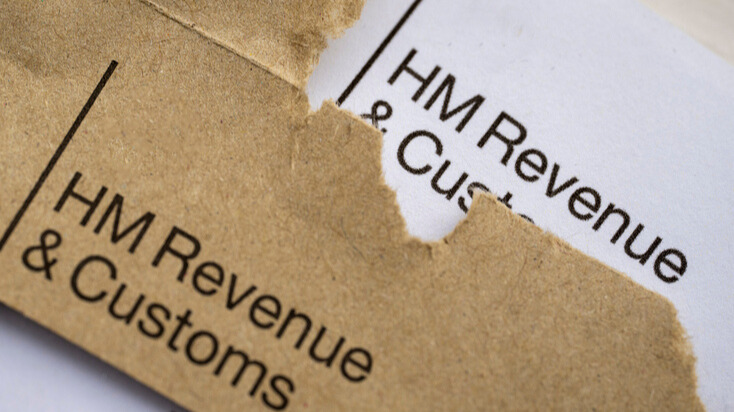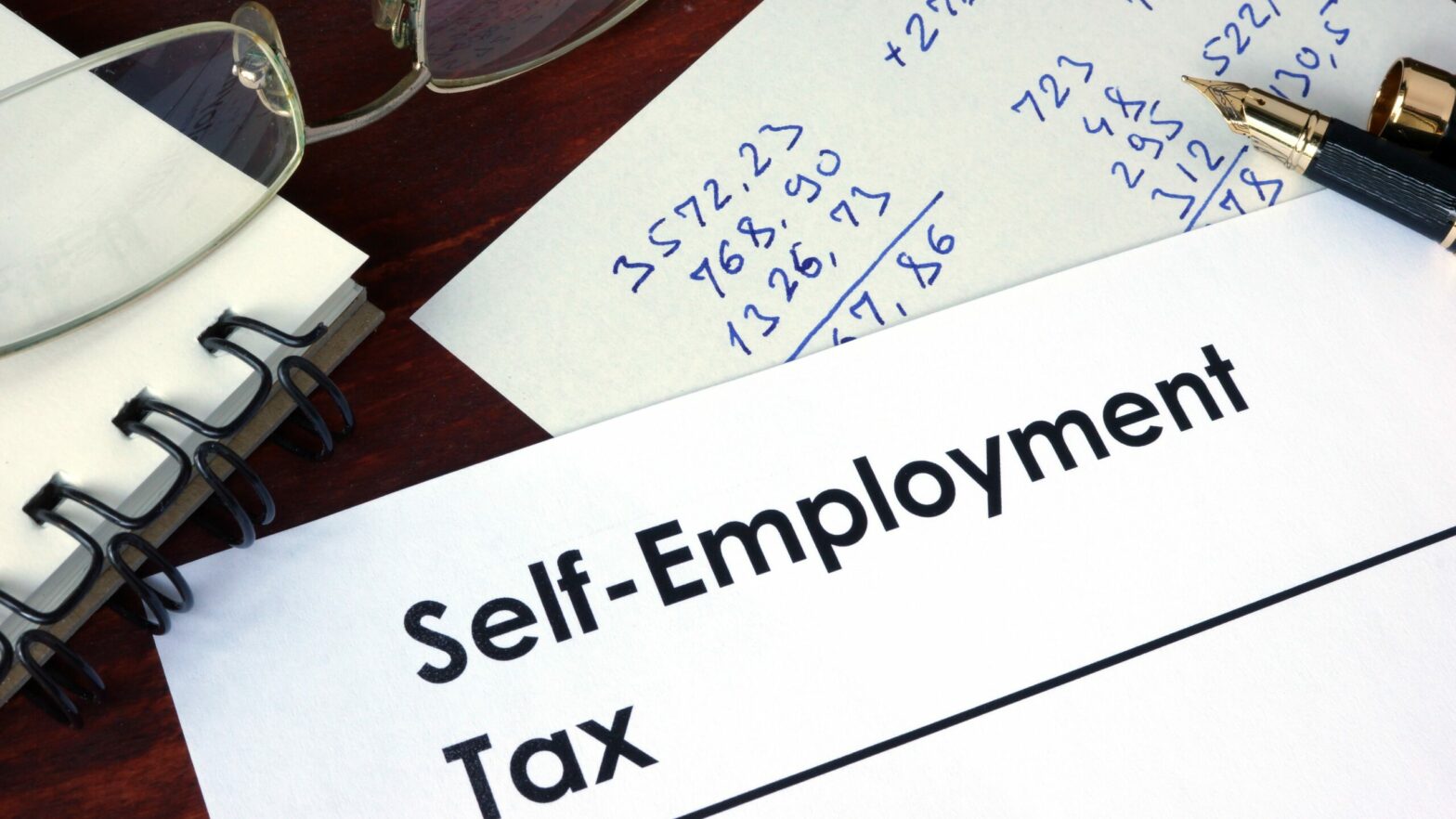The self-employed and small business owners should pay as much tax as the employed, influential think-tank the Institute for Fiscal Studies argues.
The current tax system does not really work for anybody, says the IFS in its report published today. The self-employed pay National Insurance and income tax at lower levels than their employed counterparts – often when they are doing the same job for companies.
The government is losing £15bn in tax revenue annually through the self-employed paying less tax, said the IFS.
>See also: You should file your tax return by January 31, despite HMRC extension
“There is a large, unjustified and problematic bias against employment and labour incomes and in favour of business ownership,” said the report. “The differential tax rates create inefficiency, unfairness, complexity and revenue loss.”
The IFS report said that for a job earning £40,000, a full-time employee could pay up to £4,300 more in tax than if the same work was done by someone with their own company.
And if you’re a self-employed partner in the financial services industry on a £308,000 average salary, you pay £20,000 less tax each year than someone doing the same job as a full-time employee.
Tax policy should not encourage people to become self-employed – or employers to use self-employed contractors, said the IFS.
The rapid growth in the number of small businesses is often hailed as a success, said the report, “despite the UK having a longer tail of low-productivity businesses than other countries”.
And the number of accountants and HMRC officials whose time is taken up policing these blurred lines between self-employment and employment is a drain on the system, claimed the report.
>See also: MPs give taxman six weeks to sort out Covid payments for freelancers
Investment incentives
At the same time, the IFS said that there are not enough fiscal incentives for entrepreneurs and business investment. The way the tax system works discourages risk-taking and penalises equity investment, said the report. It proposed 100-per-cent tax write-offs for business investment.
The IFS report chimes with chancellor Rishi Sunak’s reported thinking that the self-employed need to pay more tax in the upcoming Budget on March 3.
The IFS said the current tax system is under pressure mainly because of the boom in the number of people who’ve launched their own business. Owner-managers have been the fastest-growing sector of the labour market since early 2000s. From the taxman’s point of view, this is blurring the boundaries between employment, self-employment and limited companies.
Responding to the IFS report, Professor Len Shackleton, a research fellow at the Institute of Economic Affairs, told the Telegraph: “This is completely the wrong time to be proposing significant tax increases, particularly on self-employment.
“Our eventual recovery will need many people to create work for themselves rather than relying on big business or the government to generate new employee jobs.”
Andy Chamberlain, director of policy at the Association of Independent Professionals and the Self-Employed, told the newspaper: “The self-employed have been one of the hardest hit groups economically in the pandemic. To suggest that this group should face yet more financial stress in the form of tax hikes will strike many as deeply unfair.
“IPSE agrees the tax system needs fundamental reform but we should not fall into the trap of thinking the self-employed don’t pay enough tax.”
Further reading on self-employed tax
You should file your tax return by January 31, despite HMRC extension





